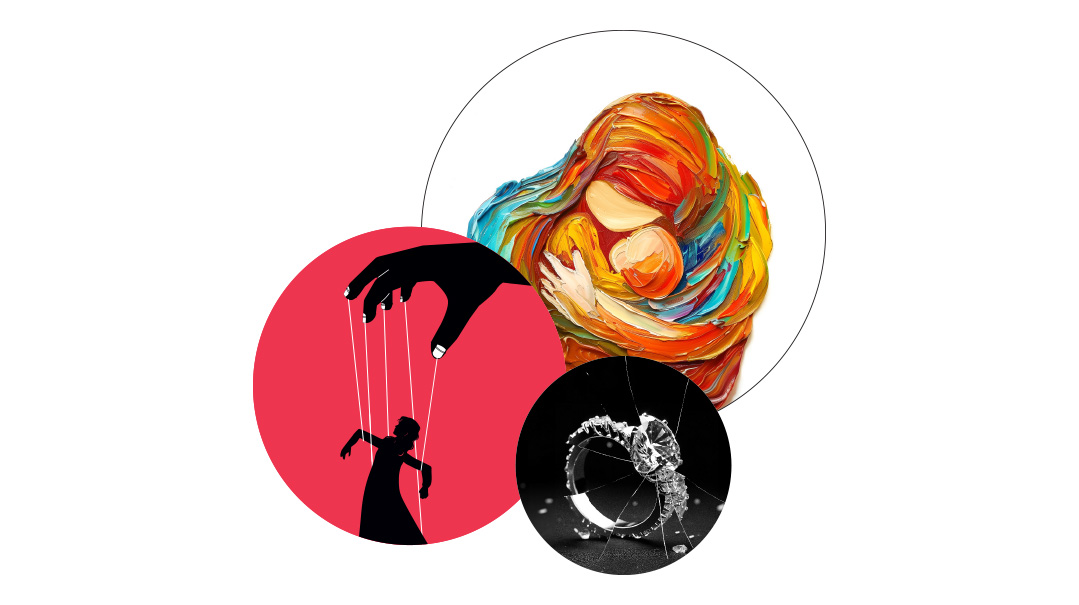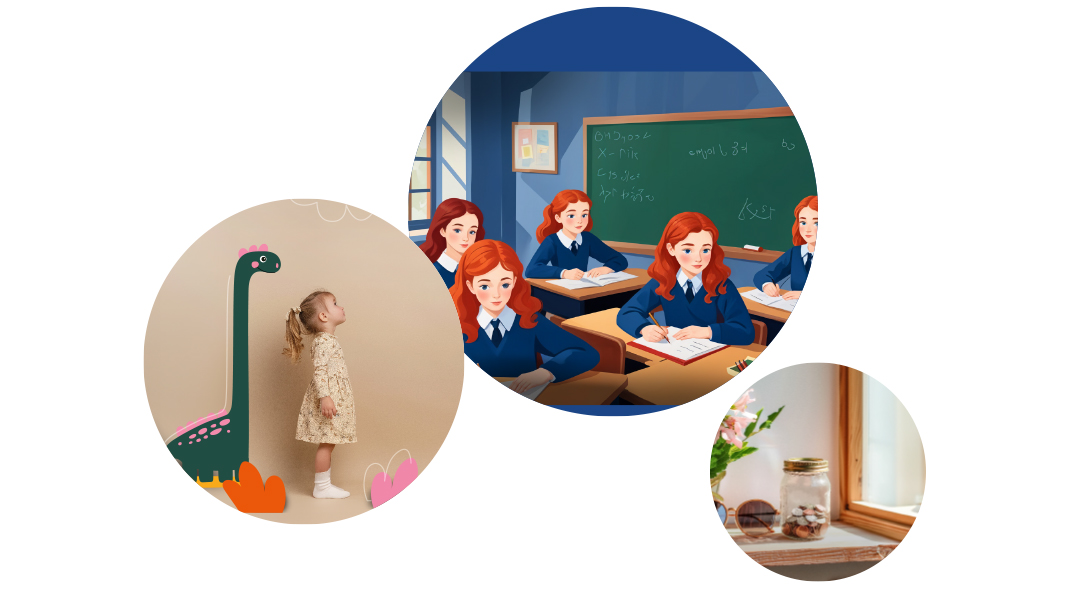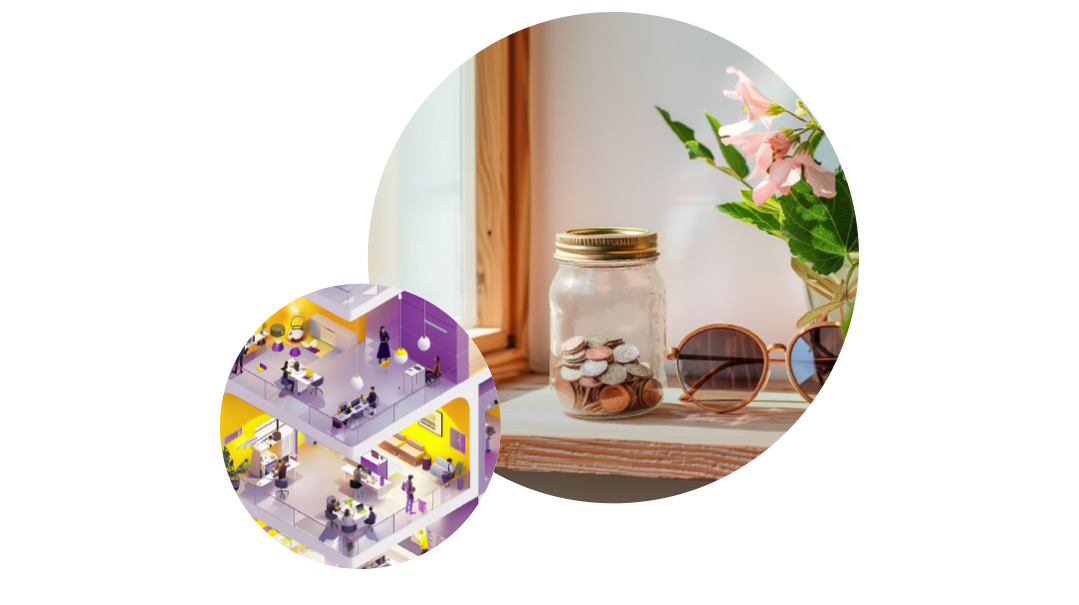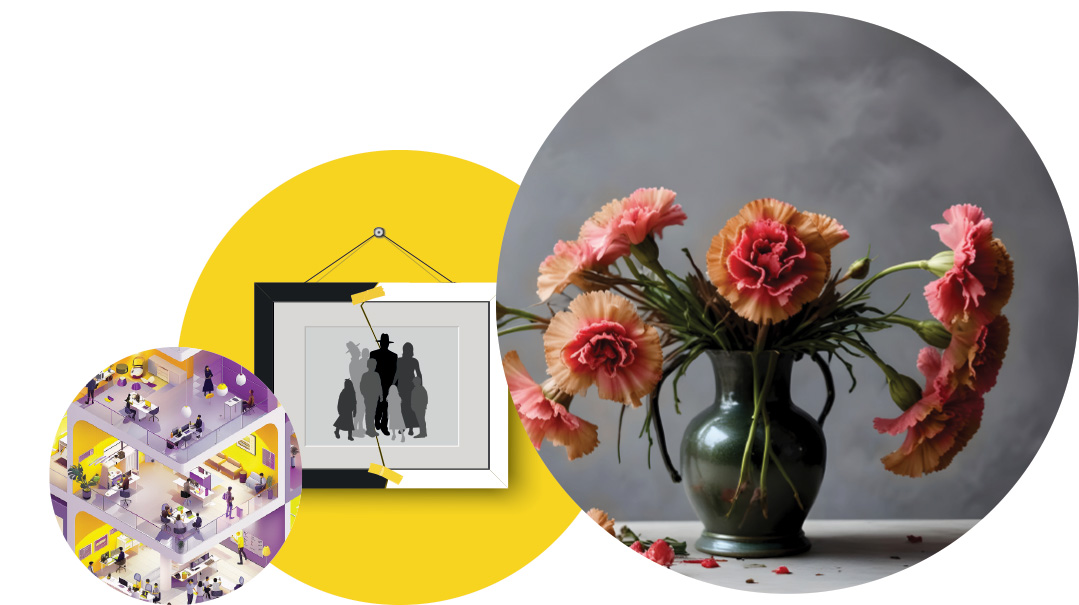Family First Inbox: Issue 870

“Alcoholism and problematic drinking is not a shalom bayis issue. It cannot be resolved in an evenhanded discussion with a rav or a couple’s therapist”

Where’s the Common Sense? [A Better You / Issue 869]
I wanted to thank Sarah Rivkah Kohn for her spot-on piece in which she exhorts readers not to forward unverified messages that cause alarm. This has been bothering me since Covid times, when common sense seemed to have disappeared, and people forwarded the strangest messages without any thought.
The messages going around today are even worse. If people would think for one second before hitting forward, we’d all be better off. Maybe it’s the onslaught of media on social media that has dumbed us down. Do you really think a mekubal is telling you to forward messages on WhatsApp groups? Or that soldiers would message sensitive info?
A few months ago, I decided to stop watching any clips on WhatsApp and my life has only been richer because of it. It’s worth a try.
May we all get real good news very soon.
Rivky T.
Antwerp
I Can’t Control It [Too Many Pour Decisions / Issue 868]
I have the unfortunate (and not so uncommon) distinction of being a wife like those discussed in the article about the alcoholism problem in our community. There are a few points I would like to correct or add.
I’d like to rewrite the subtitle, “How to spot — and stop — a drinking problem.” My version isn’t as catchy, but it’s more accurate: “How to spot a drinking problem, recognize that I can control only my own behavior, and find support for myself.” One of the popular slogans in Al-Anon (of which I am a member) is, “I didn’t cause it, I can’t control it, and I can’t cure it.” I need to take steps to protect myself and my children — and then I need to hand my husband’s problems and behavior over to the Ribbono shel Olam.
I’m wondering why this topic has been relegated to the women’s magazine. Although addicts can certainly be either male or female, drinking is not considered acceptable behavior for frum women, particularly in the more right-leaning parts of the Orthodox community. For men (and bochurim) it’s “chill” and part of the social structure. This article should really be read by all men in our community to bring more awareness of problematic drinking and its causes. A wife can do little to stop her husband’s drinking; if this problem is to be tackled, bring it where the men are, too.
The article mentioned consulting with a rav, which can be an appropriate and helpful thing to do. But it must be made clear that alcoholism and problematic drinking is not a shalom bayis issue. It cannot be resolved in an evenhanded discussion with a rav or a couple’s therapist. The husband’s drinking has nothing to do with the wife’s actions, and there is no form of compromise that can be reached. The husband is engaging in behavior that is harmful, dangerous, and, frankly, unacceptable. Even telling the husband, “Do you have any idea how much this hurts your wife?” is not going to bring about the desired result. He probably already knows and is ashamed. This is an addiction. Becoming and staying sober is an entire process. The only way he is going to get there is if he realizes for himself that he has a lot to lose — family, home, health, livelihood (or if he actually loses those things).
Finally, please understand that if your husband has a drinking problem, your kids need help, too. Children of addicts are known to develop patterns of unhealthy behavior, such as excessive people-pleasing, codependency, and/or substance abuse. They may try to prevent their father from drinking by “being good” or hiding information that would make him angry. Kids need to know the drinking is not their fault, and there is nothing they can do to fix it. Within the 12-step model, there is a support network for teenage relatives of alcoholics called Alateen. I am personally aware of some help within the frum community, but much more is needed.
May Hashem have rachmanus on all of us, addicts, spouses, and children.
Name Withheld
A Good Wife Isn’t Passive [Too Many Pour Decisions / Issue 868]
Thank you for Barbara Bensoussan’s thorough and thought-provoking article about drinking in the frum community. One point I think deserves more space: Girls are too often taught that a good wife is passive, and the man should always be in the driver’s seat. This can lead to a situation in which the wife becomes an enabler.
Women can be powerful and emphatic allies of their husbands. It’s time for a little more eishes On ben Peles and a little less oseh retzon baalah in our marital training.
Brachi Rubin
Not Just a Man’s Problem [Too Many Pour Decisions / Issue 868]
Thank you for the important and long overdue article about men drinking too much on Shabbos.
Unfortunately, people might not be aware that there are frum women who also drink: Women who do car pool, who bake challah, who do bikur cholim, and who are wonderful mothers.
Someone Who Knows
The Writing Is (Spray-Painted) on the Wall [While We Still Can / Issue 868]
WOW. Thank you, Yael Zoldan, for your poignant and important article comparing our times to those pre-Holocaust, wondering if we need to get out while we still can. I read it with great emotion at the Shabbos table, and my husband actually thought that I could’ve written it, since it echoed the sentiments I’ve been saying for years.
Yes, my fellow Jews of the Diaspora, the clarion music is playing... we only need to hear the call. The proverbial writing is on the wall — only it’s not just theoretical now, it’s actually spray painted everywhere on actual American properties.
The time has come, fellow American Jews, to abandon the large homes and pools and material comforts for apartments of smaller cubic feet, perhaps, but under a blue sky where Hashem hovers close, to a place where in the very air pervades a sense of belonging, of home.
I hope and pray that my own adult children read your article, Yael, and find within them the strength and courage to make the move and embrace the unknown... while we still can.
Shuli Mensh
Baltimore, Maryland
Thankful for America [While We Still Can / Issue 868]
Last week’s piece, “While We Still Can,” claimed that all of our surrounding non-Jewish Americans are out to get us, that now is comparable to the times before the Holocaust.
I would like to refute this, not from a place of delusion, but from a place of gratitude.
Yes, I am aware of the rallies spewing hate. But they were not attended by mainstream Americans. They were attended by ironically uneducated academics and college students, along with the Arab student body. There were perhaps a couple of congresspeople as well, who have always made their anti-Semitism clear, but no more politicians than that.
And yet — and yet — as we saw during our own rally, where thousands of Jews gathered, protected by law enforcement, and dealt with no violence, that Jews have a voice here. Along with political support. Israel did not exist in 1933. I’m sure if it had, Germany would not have provided funds and military support, while the US has.
As for my own experience: My husband attended his office’s Friendsgiving event last week. He was the one Jew there. He was approached by many coworkers who expressed sympathy. Some are married to Jews. One, a 25-year-old rookie, told him she had left one of the offices and had seen someone tearing down a “Kidnapped” poster. “I was going to march over to him and give him a piece of my mind,” she said fiercely, “but the manager told me I couldn’t.” Then, she expressed her horror that a baby had been born into captivity.
Even online, I am witnessing constant acts of kindness and solidarity. I somehow came across a quilter’s group. Shortly after October 7, the administrator posted a new pattern, “Stars of Peace” — the Magen David. Many quilters in the group shared their projects. One posted a photo of her completed blue and white star-studded quilt. She said she gifted it to her Jewish next-door neighbors.
Anti-Semitism is loud. But here, we can be, too. Nor are we alone. I am grateful to this country that took in my survivor grandparents, who were always grateful that they could raise their families here without fear. While my family does not celebrate Thanksgiving, the underlying message of gratitude is one I am quite cognizant of.
Lea Pavel
A Dedicated Challah-Baker [Blessing in the Dough / Issue 866]
I loved reading about Suri Jaroslawitz’s challah bakes as I have heard of her but never actually heard her speak; this was the next best thing. I do not enjoy baking and for many years bought challah... until Covid, when I was desperate to take something on that would bring shemirah to my family. I had heard that yeast in Hebrew is shemarim and brings much protection as part of the mitzvah of challah. I needed help as I knew I could not do this alone, and so my whole family pitches in, from braiding to egging. Today, challah has become our mitzvah. Someone once advised me that while yes, we are supposed to have delicious Shabbos food, if we’re in a rush, it may be better to buy takeout and use the time we do have for challah.
It has gotten to the point that even when we are going away for Shabbos I will still make challah as I love the special tefillos and the shemirah it brings to the family. (I bring the challah along with us, or give it away to others.) Challah is also a great kiruv tool that I often share with my not-yet-religious clients.
Nechama Rotshtein
Cleveland, OH
(Originally featured in Family First, Issue 870)
Oops! We could not locate your form.







